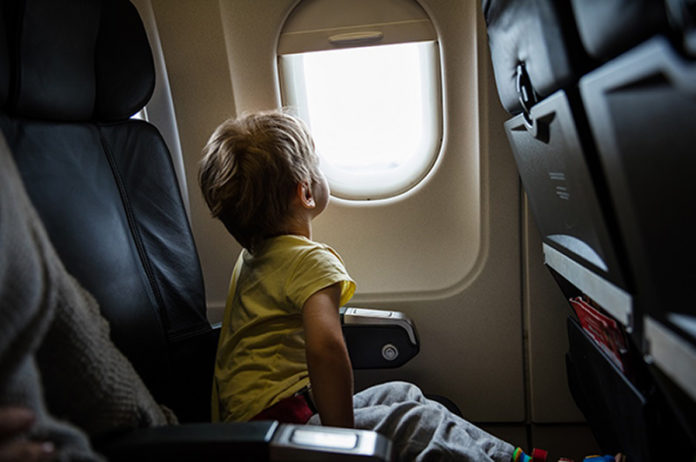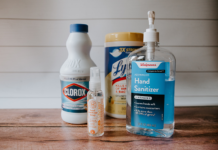Summer means different things for different people. One common thread is that many of us seize this time to travel. Kids are out of school, it’s a slower time for certain industries, and–barring hurricanes–weather tends to be pleasant in most of the northern hemisphere.
This summer we’re already hearing a lot about the measles. Many news outlets warn that the disease poses one of this summer’s most significant travel risks. To be sure, it’s a highly infectious disease that could put a damper on any fun-in-the-sun summer plans. While people may understand they shouldn’t travel while sick, sometimes they do it anyway. Should you be concerned about the measles when you travel? Is this concern enough to actually cancel travel plans? And, how can you reduce the risk for yourself and your family?
What’s the Risk of Getting Measles?
As of April 2019, the Centers for Disease Control and Prevention reports that the number of measles cases in the United States is at 695, the highest level of measles in the U.S. since 2000.
If you’re vaccinated, you don’t need to worry as much about getting the measles. According to the CDC, two doses of the MMR vaccine are 97 percent effective at preventing measles. One dose is 93 percent effective at preventing the measles.
An NIH study, Patterns of Measles Transmission Among Airplane Travelers, says air flow in airplanes is designed to impede the spread of germs. Initially, researchers thought only the two surrounding rows are at risk for measles transmission. However, new evidence shows that multiple rows in airplanes can be affected.
The study notes that measles transmission on airplanes is still low. However, you’ll need to consider where you’re headed. If it’s an area where measles has been eliminated or controlled, introducing measles to the area can be disastrous.
Should I Cancel Summer Travel Plans?
Chances are, you’ve planned your summer vacation months in advance — even before any travel precautions were announced. It’s ultimately your decision whether you keep your travel plans. However, if someone in your family is immunocompromised, I recommend you reconsider your travel plans. Even if the immunocompromised person isn’t traveling with you, there is a risk you could pick something up while on vacation and bring it home. Keep in mind, you can spread the measles virus four days before you show symptoms and four days after your rash, the CDC reports.
If your family is in perfect health, you may consider taking them on vacation. Still, take proper steps to avoid getting sick. The measles virus can survive in the air for up to two hours. If you’re somewhere with lots of people, like a theme park or a crowded resort, that’s a lot of potential ways to be infected with the virus.
What Precautions Should You Take?
If you do travel, there are plenty of precautions you can take to keep your family from getting sick.
Vaccination
The mumps, measles, and rubella vaccine is effective at preventing you from being infected. It’s a recommended vaccine for anyone over the age of six months if traveling overseas. Typically, infants are given the MMR vaccine between 12 and 15 months of age, according to the CDC. Infants receive two doses of the vaccine 28 days apart, though one dose is still useful if there isn’t enough time to vaccinate before the trip.
Taking Supplements
I understand that some of you may be concerned about the safety of vaccinations and may choose not to vaccinate. If that’s the case, having a healthy immune system can help ward off viruses and harmful bacteria that get you sick. Diamond Nutritionals offers formulas that give your immune system a boost, especially when you need it most.
Wash Your Hands Often
Washing your hands is effective in getting rid of germs. If you’re unable to wash your hands, hand sanitizer will work. Be sure there’s at least 60 percent alcohol in the hand sanitizer to be effective.
Cover Your Mouth
Germs can spread when you sneeze or cough. If you feel sick or are worried about getting sick, be sure to cover your mouth with a tissue or your sleeve. Don’t use your hands. If you use your hands and then touch something else, you’re spreading germs.
Wear Surgical Masks
If you’re concerned about you and your family getting sick from breathing in other people’s germs, you can always wear surgical masks while in public.
While there’s the belief that air flow in airplanes restricts the spread of infectious diseases, there is always the chance of being sick. If you do travel to a place with a measles outbreak, be sure to take proper precautions to protect you and your family in staying healthy.








